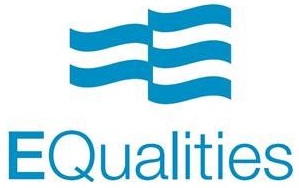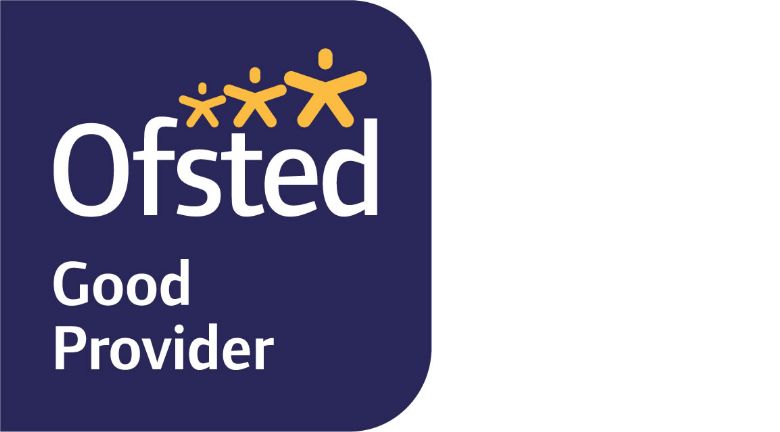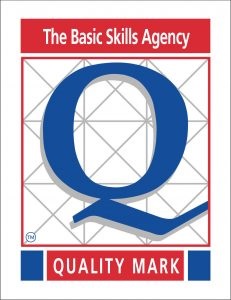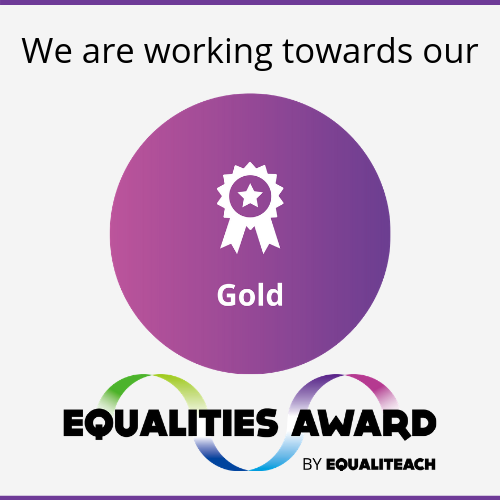Parents Guide to Assessment
Assessment at Maiden Erlegh School in Reading
Assessment plays a vital role in monitoring students’ progress and designing learning and teaching activities which guarantee appropriate improvements for each individual student.
Years 7-11
In Years 7 to 11 our assessment uses the “language” of GCSE grades (1 to 9). Our grading scale is based on success criteria designed by each subject team. As students move towards Year 11, these more closely align with GCSE criteria
Each grade is then subdivided into fine grades: High (H) Middle (M) and Low (L). The fine grades indicate how secure the student’s work is at that grade.
E.g.: 7H very secure 7M secure 7L weak.
Breakthrough grades
Some students, when they first join us, are not yet working below our subject designed scales. For these students, we use “breakthrough grades” starting at B1 and going through to B9. Once they have reached B9 they progress onto our 1 to 9 scale
Year 9-11 Creative I Media and Health and Social Care
The above assessment scheme is used in all subjects except for Creative I Media and BTEC Health and Social Care. In these subjects the grade system is:
Creative I Media Cambridge National Certificate
Dist*, Dist, Merit, Pass, Level 1 Dist, Level 1 Merit, Level 1 Pass, Fail
Health & Social Care BTEC
Dist *, Dist, Merit, Pass, Level 1 Pass, Fail
Student own targets
In all subjects and in all years 7-11 students use statistical estimates provided by Fischer Family Trust to help them set aspirational their own targets for the end of Key Stage 4.
Flight path of expected grades
Given each student’s starting point and their expected final grade, a flight path has been calculated to give an indication of what grade they should have reached at the data collection.
On-going assessment
Teachers assess students’ work continuously: performance in lessons, written work etc. They then give feedback to students about how they are progressing towards their target grades.
Students receive feedback in a variety of ways, both written and verbal, and it is paramount that students act on that feedback, either to consolidate the progress already made or to make the next steps forwards.
There will be times in lessons over the course of each half term set aside for students to reflect on that feedback and to action any advice (sometimes homework will be set aside for this also).
It is important that parents help students understand the importance on acting on the advice of teachers and completing any follow-up work.
Internal examinations and Pre-Public Examinations (PPEs)
In addition, on-going assessment, students also have subject-based internal tests and examinations (e.g.: at the end of units or the end of a year). These are taken under exam conditions and usually in lessons.
In Years 10 and 11 they also have PPEs which are more formal examinations where students take examination papers in our exam halls. Students are required to achieve a personal pass mark in the first examinations (PPE1). If they fail to achieve this, after a period of work on the paper, they re-sit it in order to achieve their personal pass mark (PPE 2).
Reports
We use SIMs Parent and Student App to distribute reports to pupils/students and parents electronically. Where families have no access to the internet, we provide paper copies on request.
Every student and parent receive 3 progress reports.
Over the course of the year, the formal Annual Report includes the following information:
- A summary of student targets.
- A summary of progress towards those targets in all curriculum subjects.
- An indication of positive behaviours for learning or those that should be adopted for improvement.
- Results of formal in-school assessments/PPE’s (where appropriate).
- Public examination results and/or vocational qualifications or credits (where appropriate).
The Parent App also displays live:
- Attendance data.
- Student timetables.
- Student achievements.
- Student conduct summaries.
Dates for reports can be found here
Our full Reporting and assessment policy can be found here








